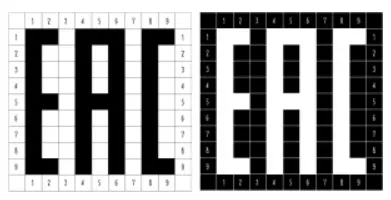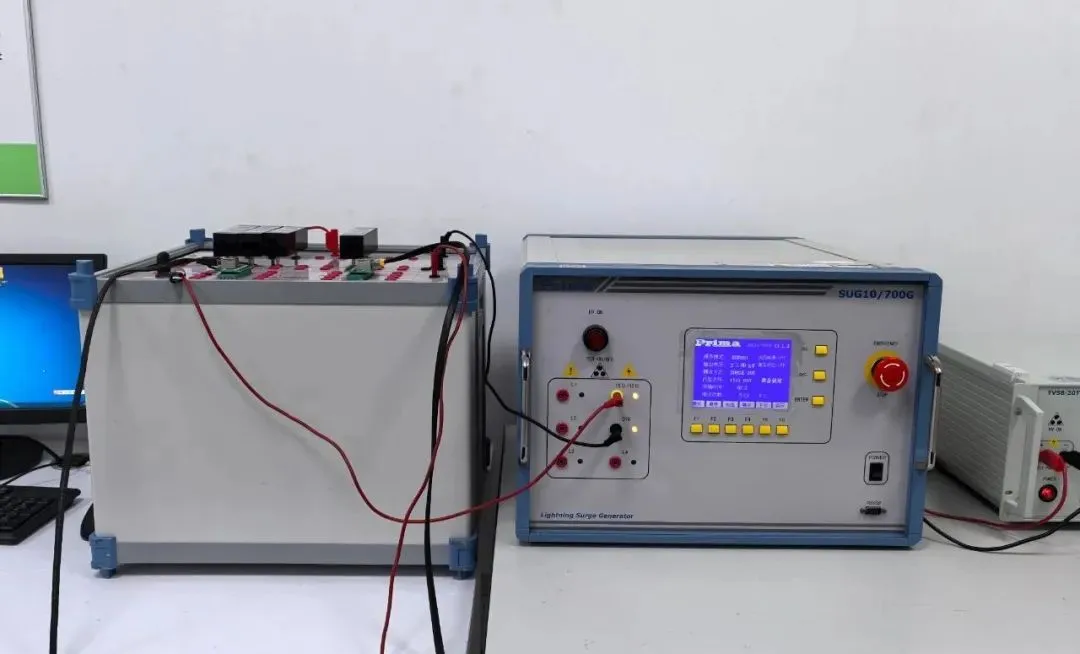
How to get EAC Certification for the EAEU?
In 2007, Russia, Belarus, and Kazakhstan initiated the formation of a Customs Union (also known as the Customs Union). On May 29, 2014, the heads of Russia, Belarus, and Kazakhstan signed the "Eurasian EconoMIC Union Treaty" in Astana, establishing the Eurasian Economic Union (EAEU), a regional economic integration organization with international legal status. Subsequently, Armenia and Kyrgyzstan joined, and on January 1, 2015, the EAEU was officially launched. The member states formed a free trade zone within the Union, implementing unified customs tariffs, trade regULations, and technical standards (i.e., CU TR). eac certification is named after its certification mark, and once products pass the EAEU’s technical regulations certification, they are allowed for use and sale across all EAEU member states without needing further certification in each country.

EAEU Members (5):
Russia, Belarus, Kazakhstan, Armenia, Kyrgyzstan.
Regulated Products:
EAC certification covers most consumer electronics and industrial products. This includes electrical and electronic products, textiles, toys, food, industrial goods, and furniture. Safety, EMC, and chemical and physical testing for these products fall under mandatory EAC certification. Products not coveRED by this certification must apply for domestic certifications within the Union, such as GOST-R, GOST-K, FAC, etc.
Basic Information about EAC Certification:
- Certification Nature: Mandatory
- Certification Types: EAC CoC (Certificate of Conformity), EAC DoC (Declaration of Conformity)
- Issuing Bodies: Certification bodies registered with the Customs Union
- Factory Inspection: Required for Certificate of Conformity
- Certificate Validity: Single batch, 1, 3, or 5 years
EAC Certification Process for the Eurasian Economic Union:
1. Determine Product Regulatory Requirements:
First, confirm if the product falls under the scope of the Eurasian Economic Union’s technical regulations (TR CU) or other related regulations. Different products require compliance with different technical standards. For example, electrical equipment, food, toys, and machinery have different regulations.
2. Choose Certification Mode:
EAC certification offers several modes depending on the product type and sales method. Common certification modes include:
- Mode 1c (Batch Certification): For mass-produced products, factory inspections are typically required.
- Mode 2c (Single Batch Certification): For specific single batches of imported products.
- Declaration of Conformity: Some products may be certified via a Declaration of Conformity, typically handled by the importer or manufacturer.
3. Select a Certification Body:
Choose a certification body recognized by the EAEU to conduct testing and certification. These bodies are responsible for testing products to ensure they meet relevant technical regulations.
4. Prepare Technical Documentation:
Prepare technical documents in accordance with regulatory requirements. These generally include:
- Product description and user manual;
- Design documents and technical specifications;
- Test reports and factory quality management system documents (e.g., ISO 9001 certificate);
- Safety assessment documents;
- Other documents required by regulations.
5. Product Testing:
The certification body will test and inspect the product according to relevant technical regulations to ensure compliance with safety, performance, and quality standards. Testing is usually conducted in accredited laboratories, and samples may be required if necessary.
6. Factory Audit (if required):
For certain mass-produced products, certification may require a factory audit to verify that the quality management system meets the required standards, often based on ISO 9001 or other related standards.
7. Certificate Issuance:
Once the product passes testing, and if applicable, the factory audit, the certification body will issue an eac certificate of Conformity or Declaration of Conformity. After obtaining the certificate, the product can bear the EAC mark and be sold within EAEU member states.
8. EAC Mark Usage:
After certification, the manufacturer or importer can apply the EAC mark to the product. The mark must be clear, visible, and comply with the size and positioning requirements set by the EAEU.
9. Annual Supervision (if applicable):
For some products, especially those in continuous production, EAC certification may require annual supervision or periodic audits to ensure ongoing compliance with technical regulations.
Time and Costs for EAC Certification:
The time and cost of EAC certification depend on the complexity of the product, the certification mode, whether a factory audit is required, and the chosen certification body. Generally, the process can take from several weeks to months.
Other Considerations:
- Local Representative Requirement: If the manufacturer is a company outside the EAEU, they are typically required to appoint a local representative within the EAEU member states to handle compliance and regulatory communications.
- Certificate Validity: EAC Certificates of Conformity are typically valid for 1 to 5 years, depending on the product category and certification mode.
Once certified, the product can circulate freely within the EAEU member states (including Russia, Kazakhstan, Belarus, and others).
Email:hello@jjrlab.com
Write your message here and send it to us
 What is the EN 61326-2-3 Standard?
What is the EN 61326-2-3 Standard?
 Why Do Smart Sockets Need IEC 60884 Certification?
Why Do Smart Sockets Need IEC 60884 Certification?
 Why Retest the Device if the 5G Module Already Has
Why Retest the Device if the 5G Module Already Has
 Overview of IEC 62087 Test Standard
Overview of IEC 62087 Test Standard
 CISPR 25 Test Standard Compliance Guide
CISPR 25 Test Standard Compliance Guide
 IEC/UL/CSA 62368-1 Electrical Distance Testing
IEC/UL/CSA 62368-1 Electrical Distance Testing
 Canada Wireless Device IC Certification RSS-210 Te
Canada Wireless Device IC Certification RSS-210 Te
 FCC Part 15.231 for Wireless Remote Controls and S
FCC Part 15.231 for Wireless Remote Controls and S
Leave us a message
24-hour online customer service at any time to respond, so that you worry!




